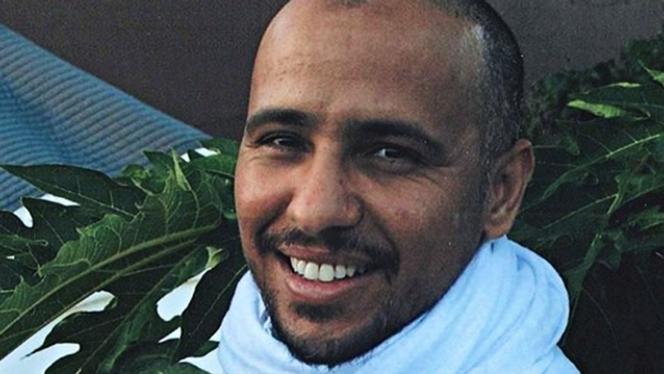Thursday 21 November 2024
The Mauritanian: a tale of a violated human

Scottish director Kevin Macdonald tells the story of Mohamedou Ould Slahi, a Mauritanian man who was held in Guantanamo Bay for fourteen years without charge
In his film "The Mauritanian", Scottish director Kevin Macdonald portrays the story of Mohamedou Ould Slahi, who endured fourteen years of detention in Guantanamo Bay under suspicion of involvement in the September 11 attacks without substantial evidence. Based on Slahi's memoir, published in 2015, the film presents Slahi's narrative in a different cinematic style.
Commencing with a Mauritanian wedding scene, the film swiftly transitions to Mohamedou's return from Germany, only to be abruptly detained by local security forces, initiating his protracted Orwellian ordeal in Guantanamo Bay and tryst with the US security apparatus. This opening scene poignantly depicts Mohamedou's transformation into a "homo sacer" upon his return, symbolizing the Agambenian erosion of his legal status in his homeland under the shadow of post-9/11, as highlighted by Mauritanian researcher Abbass Braham.
At the heart of the film lies the potency of Slahi's real-life narrative, bolstered by Tahar Rahim's compelling portrayal of Slahi's character. Rahim, who previously rejected roles perpetuating stereotypes about Muslims, Africans, or Arabs, delivers a remarkable performance. Unlike conventional Hollywood portrayals of terrorism suspects, the film refrains from exonerating Slahi but challenges the narrative by presenting him as a vibrant and engaging individual, juxtaposed against American characters depicted as vindictive and deceitful, particularly Colonel Stuart Couch (played by Benedict Cumberbatch).
The film defies Hollywood norms by offering a nuanced exploration of terrorism-related issues, presenting Mohamedou as a complex figure rather than a stereotype. Despite Nancy Hollander's role as a defense lawyer, the film avoids simplistic characterisations, delving into the complexities of defending a terrorism suspect in America. Against the backdrop of Donald Trump's presidency, the film underscores the importance of upholding American law, underscored by Jodie Foster's award-winning performance as Nancy Hollander.
A standout feature of the film is its visceral depiction of Mohamedou's torture, rendered through haunting imagery and sound effects that blur the lines between reality and hallucination. Consciousness and unconsciousness mix because of the torture, and the victim recalls scenes and mental images from his previous life. He imagines himself playing football on the beach or attempts to remembers his mother's face to escape from his sordid circumstances. All of this provides a valuable insight in the impact of torture, but also the psychological techniques Slahi relied on to survive the sordid experience.
The film concludes with real footage of Slahi's moments of release from prison and his return to his country, accompanied by the Mauritanian song "Salat Rabbi" by the artist Malouma Mint El Meidah. The music and lyrics of the song add a deeply moving and impactful sentiment to the scene. It then transitions to other scenes where he examines translations of his memoir, which the film is based on, with many pages colored with black lines. Perhaps the director wanted to allude to aspects of the story that were censored during the book's publication. The film ends with Bob Dylan's song "The Man in Me" with Slahi singing along and feeling a sense of personal satisfaction.
Slahi, as a character involved in public discussions about victims of such arrests, wanted to document his human story and provide a model of forgiveness and spiritual triumph in such circumstances. This is evident from his subsequent dialogues and the human relationship he built with his former guard, Steve Wood, who became his friend and visited him in Mauritania regularly. This gives his story human dimensions that deserve contemplation.
To sum up, the film narrates the story of "victims falsely accused of terrorism" in a different way from the consumable Hollywood narratives, deriving most of its brilliance from the exceptional and powerful story of Slahi himself.










